Resolution No. 136/2024/QH15 of the National Assembly on the organization of urban government and piloting a number of mechanisms and policies for the development of Da Nang city mentions the piloting of financial mechanisms to implement measures to reduce greenhouse gas emissions through carbon credit exchange and offset mechanisms. Experts and businesses expect that the implementation of this mechanism will promote, soon form and develop a domestic carbon market to bring dual benefits to the city and businesses.
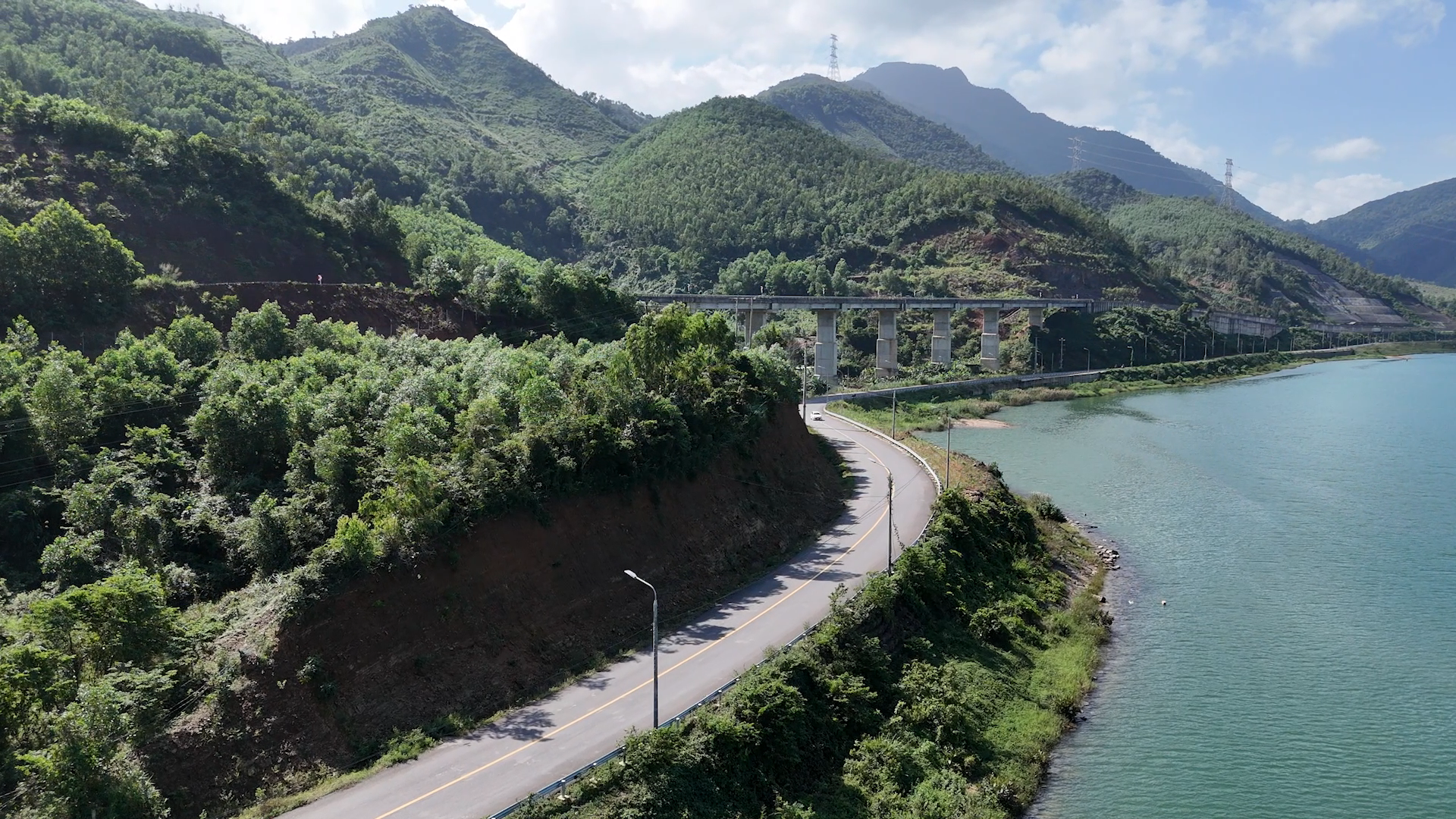 |
| Da Nang's implementation of Resolution No. 136/2024/QH15 of the National Assembly will help promote the formation and development of the domestic carbon market, creating double benefits for the city and businesses. Photo: HOANG HIEP |
According to Resolution No. 136/2024/QH15, revenue from carbon credit transactions is a source of revenue for Da Nang city's budget to enjoy 100%. The City People's Council decided to use revenue from carbon credit transactions for programs and projects to respond to climate change, develop green economy, digital economy, circular economy in the city...
Those are the benefits that the city receives when implementing the carbon exchange and offset mechanism. However, from the implementation of this pilot mechanism, if the domestic carbon market is formed and developed early, not only will there be additional benefits for the city, but businesses in the city in particular and Vietnam in general will also benefit and have advantages in accessing and trading carbon credits.
According to businesses and experts, when the domestic carbon market is formed and developed, businesses exporting goods to the US, Europe and developed countries will have an advantage in the process of purchasing carbon credits; businesses, especially those producing green energy (solar power, wind power, etc.) will also find it easy to sell carbon credits. These are dual benefits that the city and businesses will have when the domestic carbon market is soon formed and developed.
General Director of STI Vietnam Co., Ltd. Le Anh Hung said that the implementation of the carbon credit exchange and offset mechanism not only helps Da Nang protect the environment and reduce greenhouse gas emissions in a sustainable manner, but also opens up opportunities for economic development, attracting investment and improving people's lives. This is a remarkable step in the city's journey to sustainable development.
To promote the carbon credit exchange and offset mechanism and develop the carbon market in Da Nang, the city needs to create policies to encourage investment in projects to reduce emissions, increase greenhouse gas absorption and encourage participation in the carbon market; provide financial support and favorable tax rates for businesses and organizations participating in environmental protection activities and reducing the impact of climate change.
In addition, building and developing a suitable infrastructure system to support carbon credit trading; international cooperation and connection with organizations and experts experienced in the field of emission reduction and carbon market development; creating a favorable investment environment...
“These measures not only help Da Nang promote sustainable development but also contribute to global efforts to reduce the impact of climate change; increase the city's attractiveness to investors and the international community,” Mr. Hung acknowledged.
Mr. Bui Van Thinh, General Director of Thuan Binh Wind Power Joint Stock Company, said that our country exports many goods to the European market and developed countries, so it will be subject to carbon tax if it does not use green and clean energy. This requires the carbon market to develop vigorously.
According to the Department of Natural Resources and Environment, in the future, countries including Vietnam, entities with greenhouse gas emissions will choose the international carbon market to trade and exchange credits, so they need to proactively participate early. While waiting for the formation and development of the domestic carbon market with standards for measurement, verification, and credit confirmation according to regulations, Da Nang city realizes that it is necessary to proactively approach the international market to gain more practical experience through trading carbon credits with international businesses and investors.
Da Nang City chooses to approach the carbon credit market as a “seller”, which can conduct carbon credit transactions in 4 forms: on domestic exchanges; international exchanges without the support of organizations; direct transactions with buyers; direct transactions with third parties through self-organized bidding or auctions.
The Department of Sea, Islands and Environment (Department of Natural Resources and Environment) said that, in order to implement the pilot financial mechanism for implementing measures to reduce greenhouse gas emissions according to the carbon credit exchange and offset mechanisms stipulated in Resolution No. 136/2024/QH15 of the National Assembly, in 2025, the Department of Sea, Islands and Environment was assigned to coordinate with relevant units to develop content for the Department of Natural Resources and Environment to advise the People's Committee of Da Nang City to issue regulations on procedures and decisions on selecting investors to buy carbon credits.
At the same time, advise the City People's Committee to submit to the City People's Council a decision on using revenue from carbon credit transactions for programs and projects to respond to climate change, develop green economy, digital economy, and circular economy in the city. Deputy Head of the Department of Sea, Islands and Environment Pham Thi Chin said that the unit is advising on the implementation plan and will soon deploy the plan with specific activities to carry out work related to carbon credits.
HOANG HIEP
Source: http://baodanang.vn/kinhte/202502/thuc-day-hinh-thanh-va-phat-trien-thi-truong-carbon-4000881/


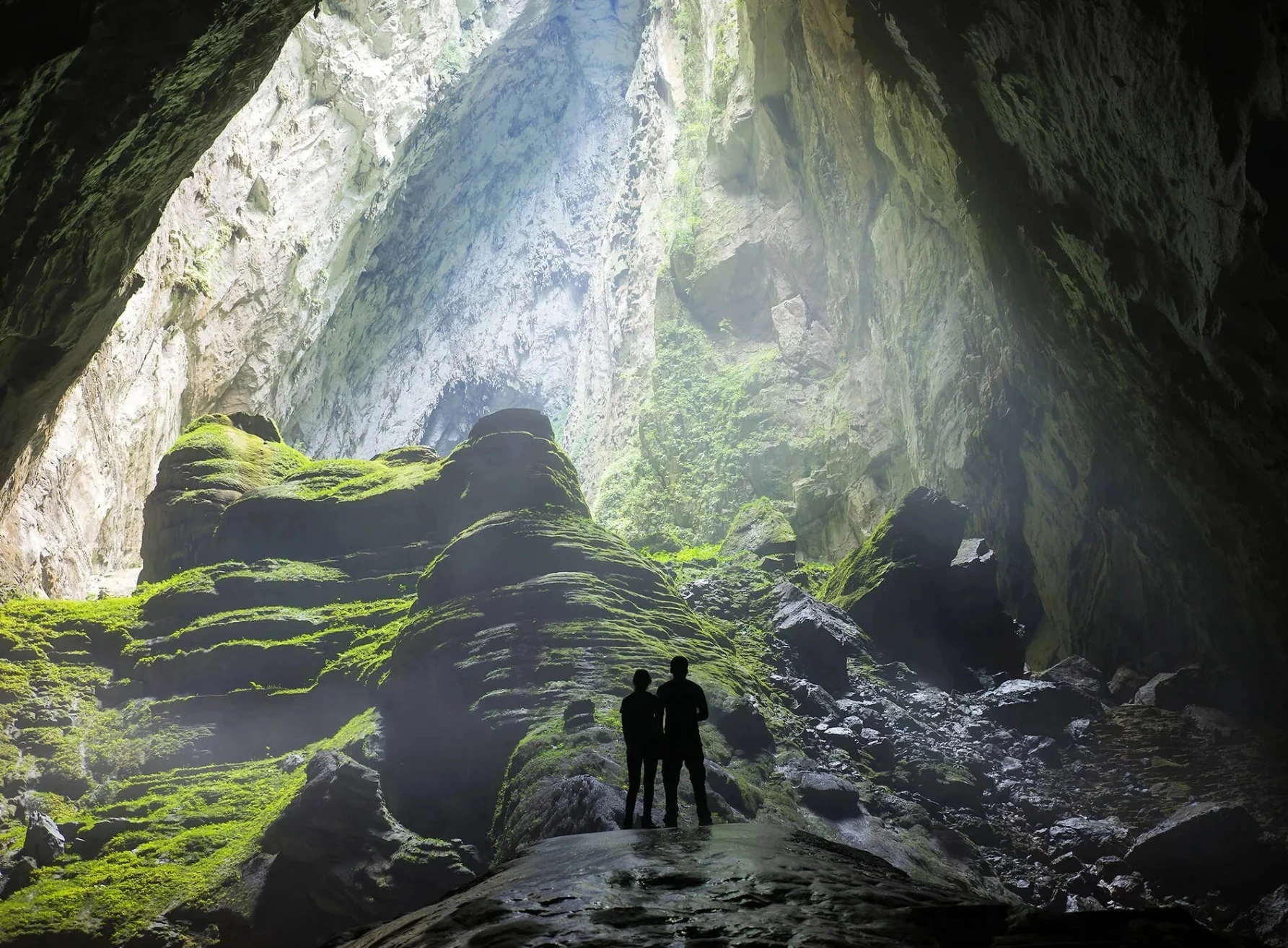





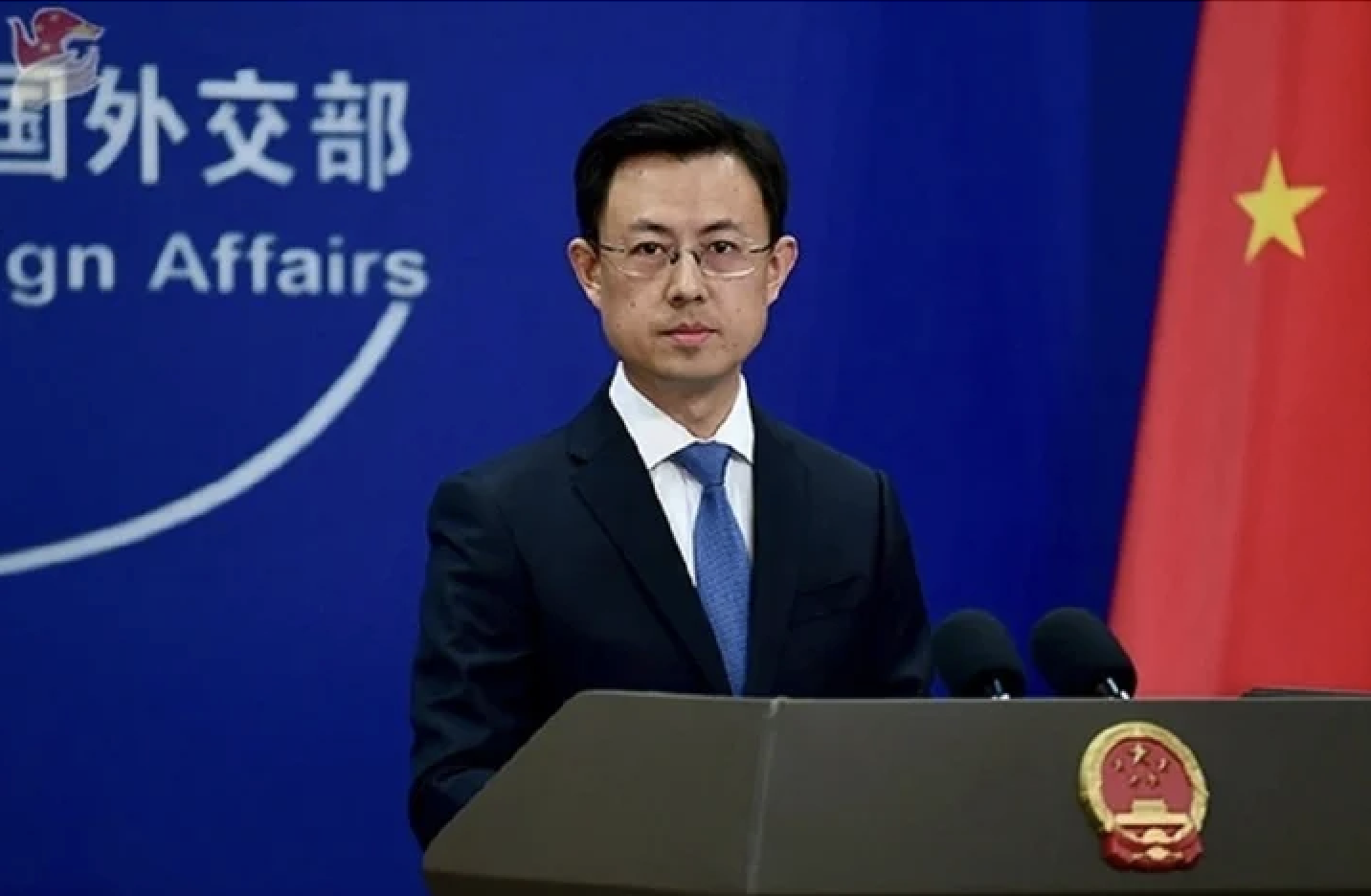

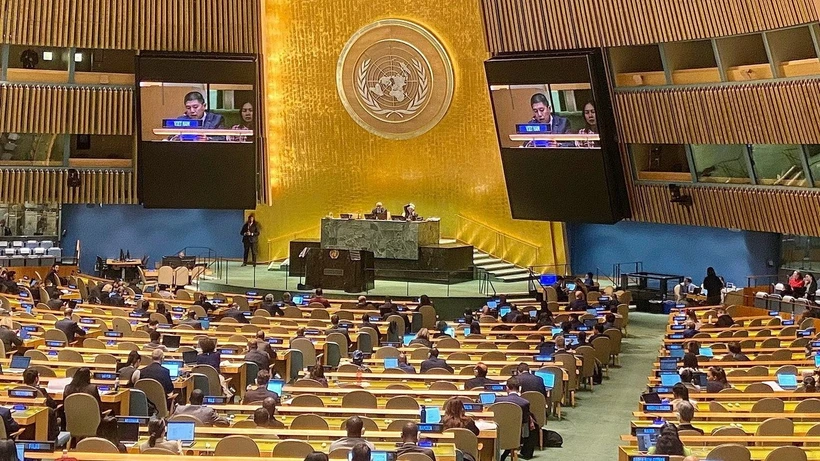

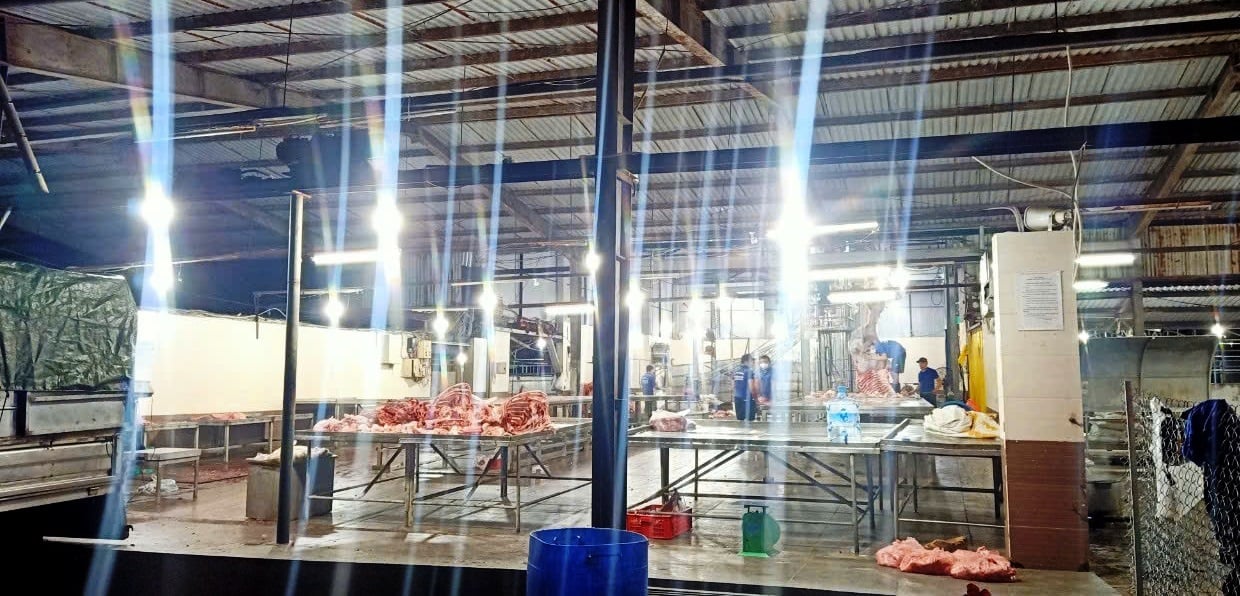
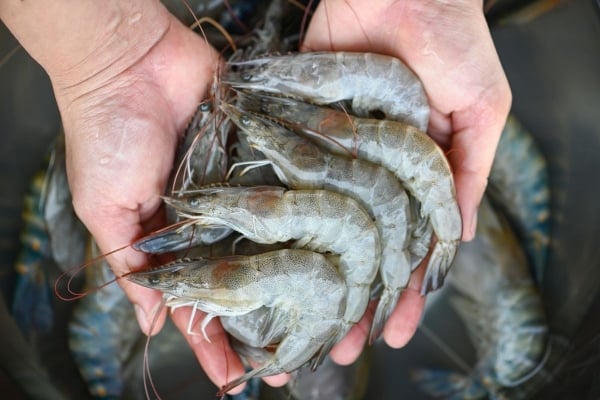

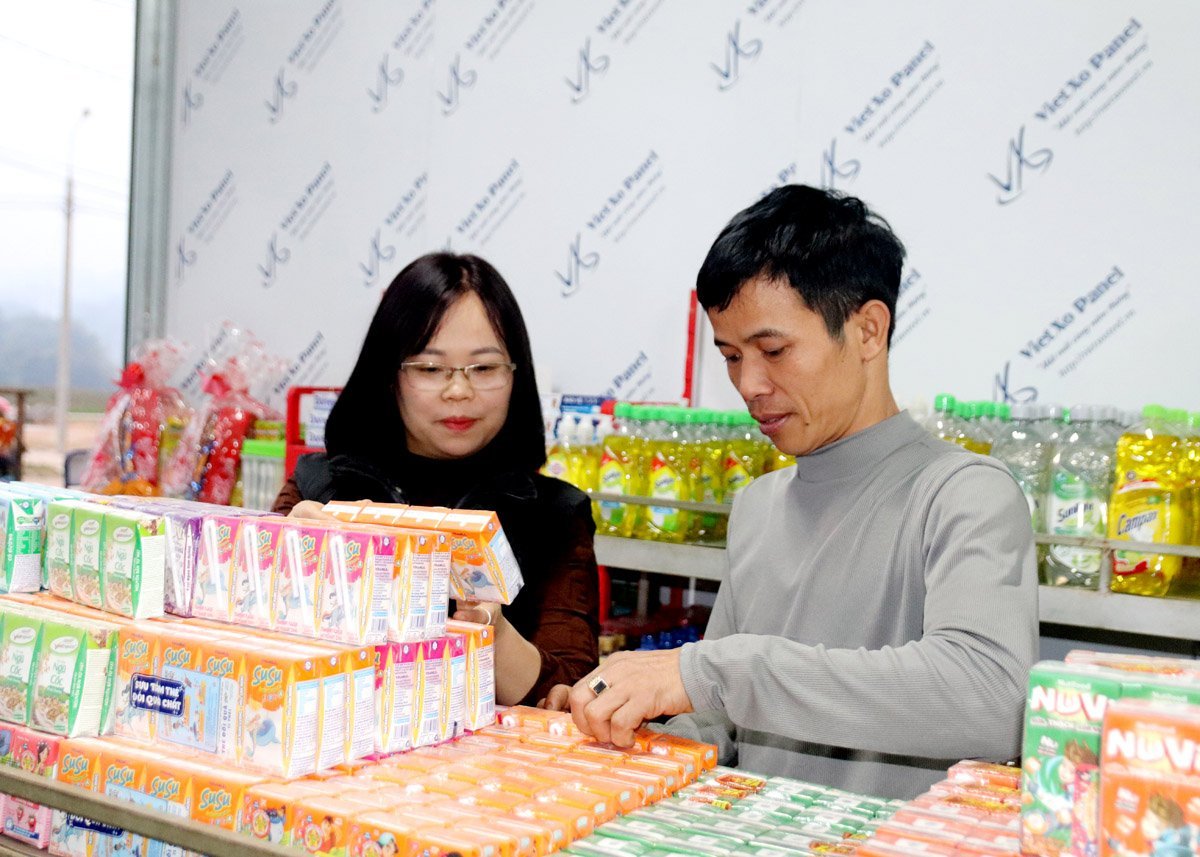


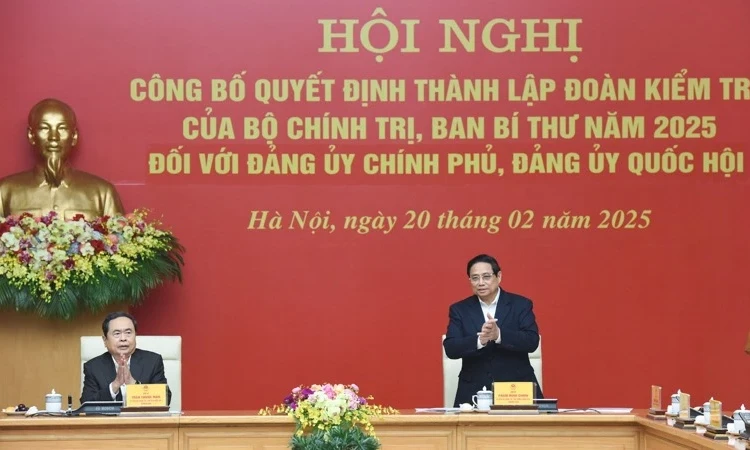
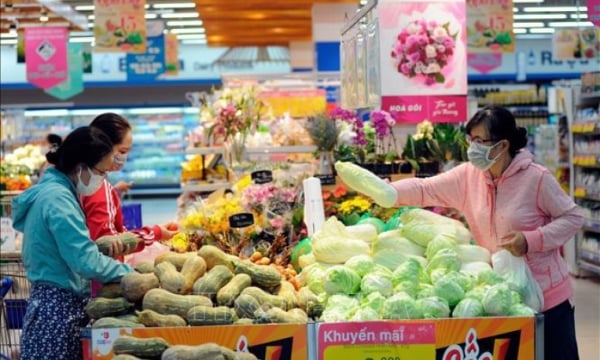

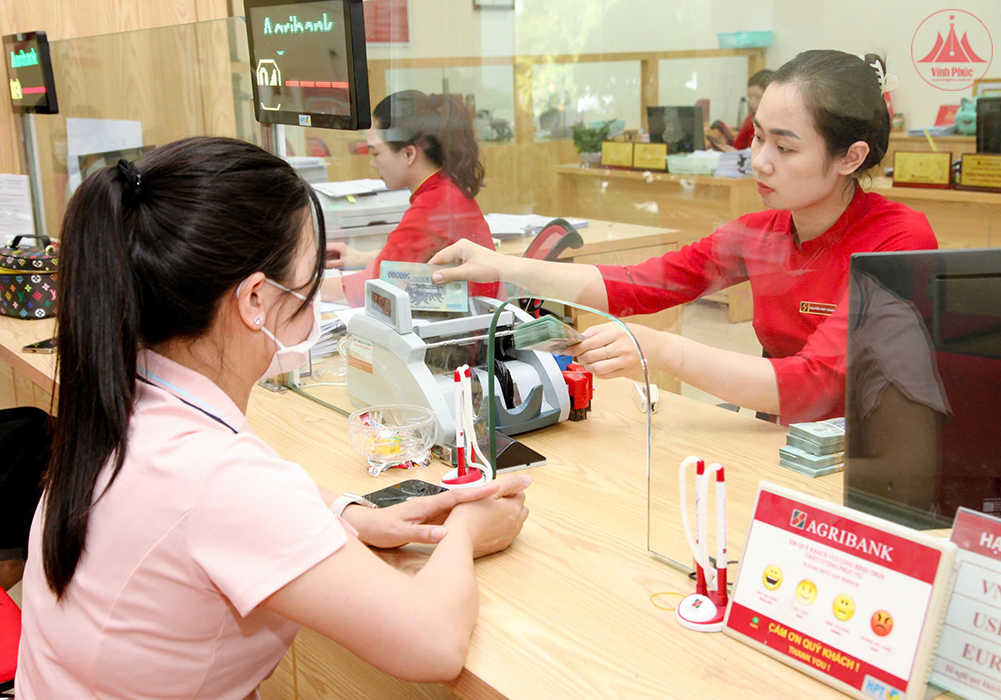
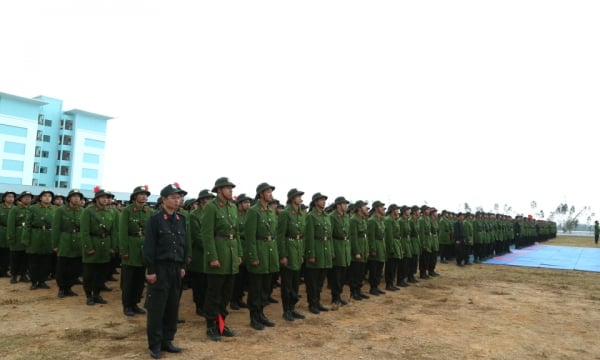

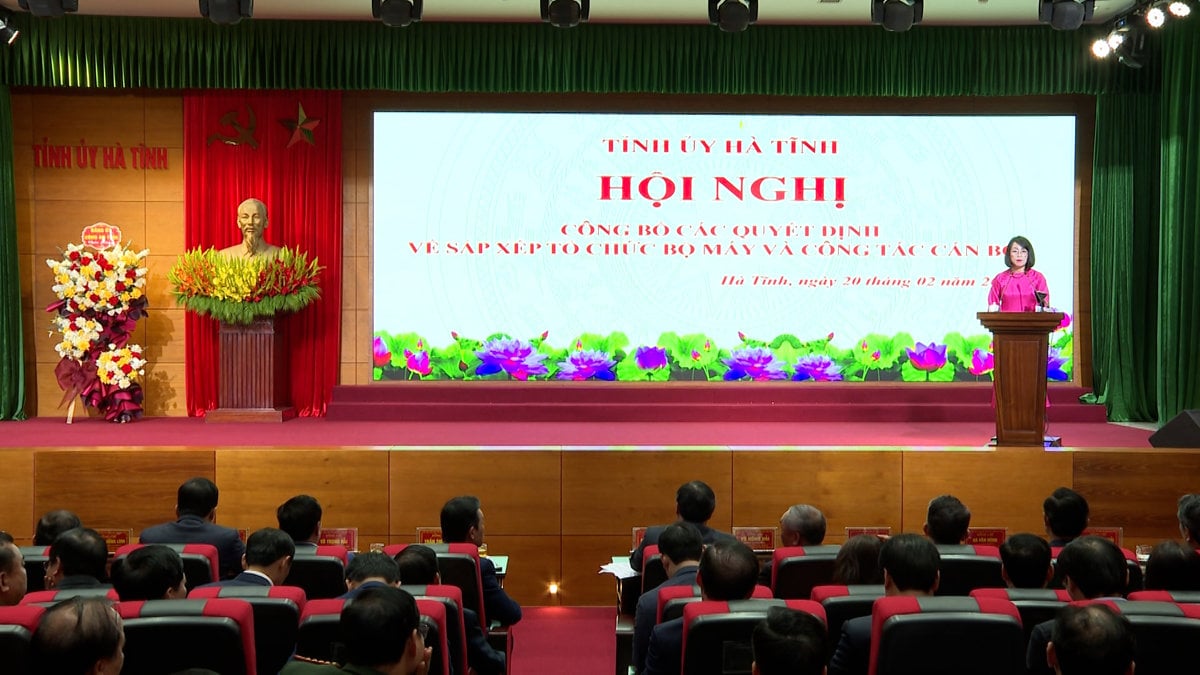


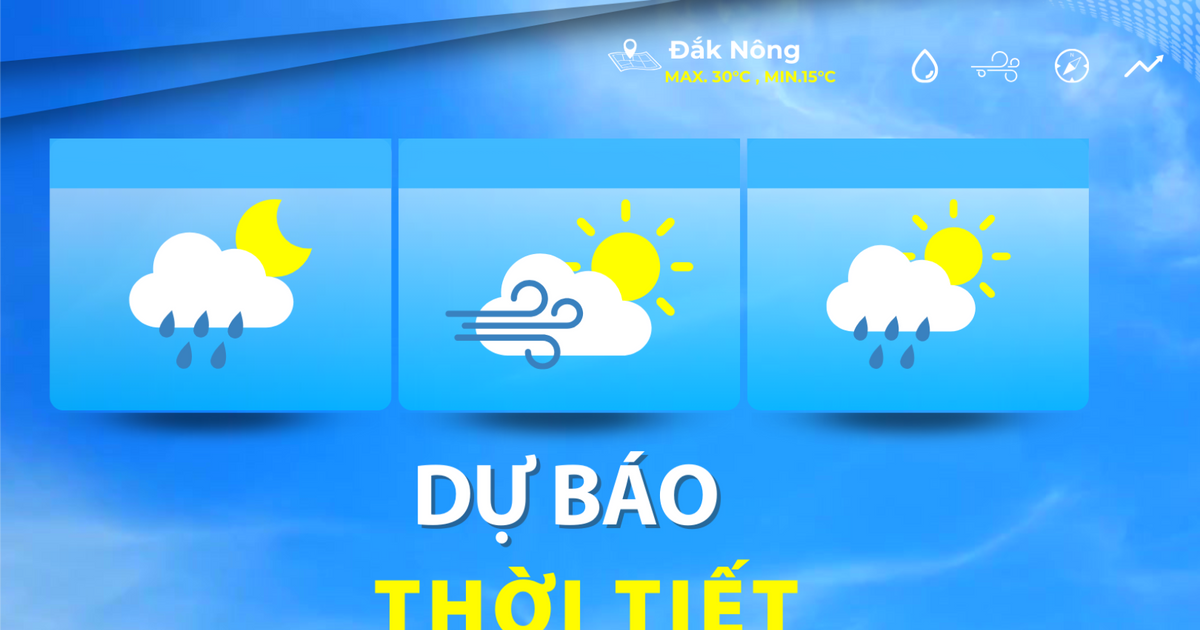




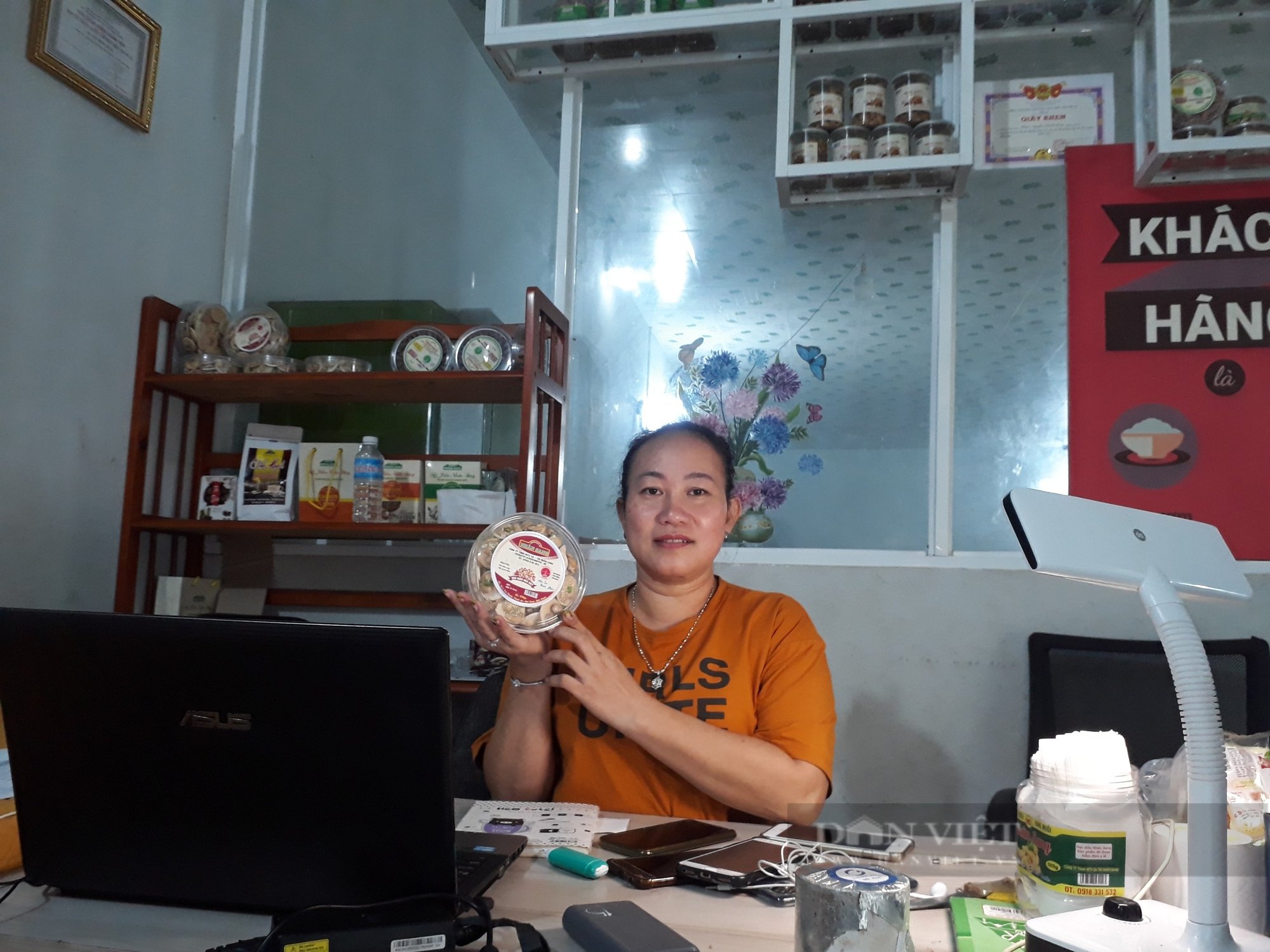




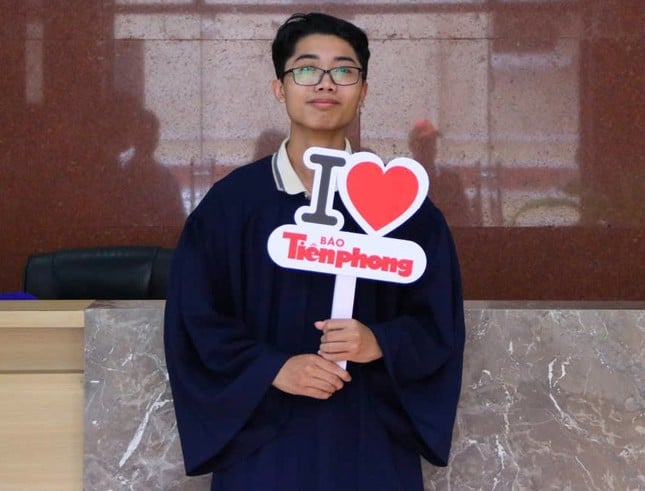


Comment (0)